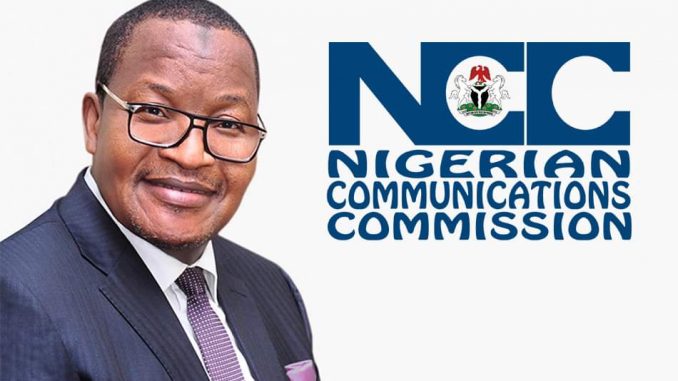Nigeria has made remarkable progress in bridging the gaps in telecommunications access across the country.
At a recent telecoms industry stakeholders forum in Yenagoa, Bayelsa state, the Executive Vice Chairman and Chief Executive Officer of the Nigerian Communications Commission (NCC), Prof. Umar Garba Danbatta, announced a significant reduction in identified access gaps by 53%.
According to him, the NCC has been dedicated to bringing telecom services to rural, unserved, and underserved areas with the goal of enhancing digital inclusion.
Danbatta revealed that since 2013, the number of identified access gap clusters has been reduced by an impressive 53.1 percent, from 207 clusters to 97 by the end of 2022. This reduction translates to improved access for millions of Nigerians who were previously digitally excluded.
Read also: 5G: NCC canvasses for control over mining, usage of data
A Digital Inclusion Success Story
Access gaps refer to areas or communities lacking telecom services, and the NCC’s relentless efforts have significantly narrowed these gaps from 37 Million to 27 Million.
Danbatta explained that in 2013, an estimated 37 million Nigerians were affected by access gaps. By the end of 2022, this number had been reduced to 27 million, marking a substantial improvement in digital inclusion.
Through the deployment of essential infrastructure, such as base transceiver stations, the NCC has been able to extend telecom services to previously underserved areas.
Progressive Deployments of Infrastructure
Prof. Danbatta shared the timeline of infrastructure deployments that contributed to the reduction in access gaps.
Between 2009 and 2011, 79 new base transceiver stations were deployed, kickstarting the journey towards enhanced connectivity. In the following years, from 2013 to 2018, an additional 124 base transceiver stations were set up, further expanding the reach of telecom services.
Notably, from 2019 to 2022, a remarkable 364 base transceiver stations were deployed, significantly reducing the number of access gap clusters.
House of Representatives probe NCC failure to promote mobile telecom services
Towards Ubiquitous Connectivity: Future Plans
While acknowledging the significant progress made, Prof. Danbatta emphasized the NCC’s commitment to closing the remaining access gaps. Currently, 27 million Nigerians still lack access to telecom services, and the NCC aims to address this issue comprehensively.
To achieve ubiquitous connectivity across the country, the Commission has planned regulatory interventions such as the issuance of Mobile Virtual Network Operator (MVNO) licenses.
Additionally, the deployment of Fifth Generation (5G) networks will play a crucial role in bridging the remaining access gaps and ensuring seamless connectivity.
Nigeria’s journey towards bridging access gaps in telecommunications has yielded impressive results.
The reduction of access gap clusters by 53.1 percent represents a significant milestone, with 10 million Nigerians gaining access to telecom services since 2013. The NCC’s efforts in deploying base transceiver stations have been instrumental in expanding connectivity to rural, unserved, and underserved areas.
According to Danbatta, the Commission remains resolute in its mission to provide services to the remaining 27 million Nigerians without access. Through innovative strategies such as MVNO licenses and the deployment of 5G networks, the NCC aims to achieve ubiquitous connectivity, ensuring that no Nigerian is left behind in the digital age.




